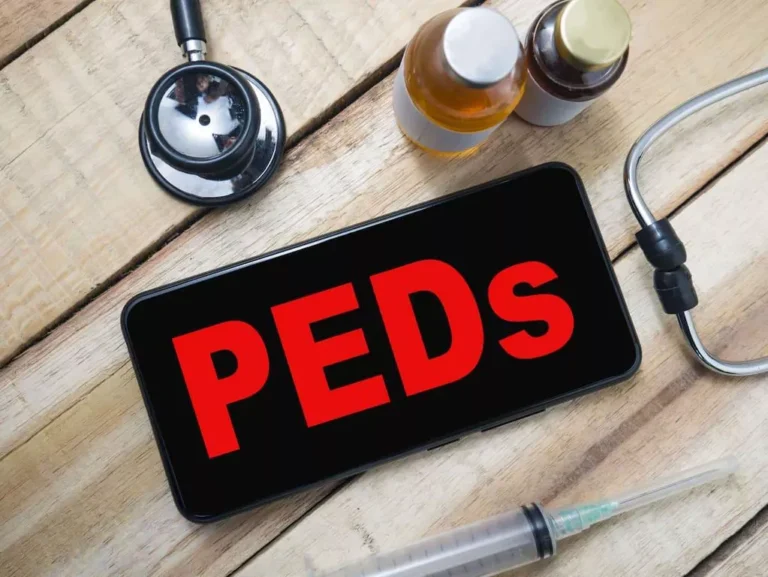
Alcohol is a depressant that can leave you feeling lethargic and fatigued. Removing it from your life eliminates these sedative effects, boosting your vitality and enabling you to enjoy a more active, engaged life. By focusing on the positive aspects, sobriety can become a fulfilling lifestyle. Improved communication and healthier boundaries in relationships also result from sobriety. This enables individuals to express themselves more effectively and establish stronger connections with others. Another way sobriety enhances your life is by giving you more time and energy to pursue hobbies and passions that bring you joy.
Support
- You might be a little bored at first, but with time, you’ll discover new and more fulfilling things to do with your time.
- The best way forward for your recovery from alcohol or substance use is to incorporate a wide variety of strategies that will help foster success.
- You can try different meetings for the different groups to find one that’s right for you.
- Benefits of not drinking alcohol include deeper, more restorative sleep, which improves cognitive functions and overall daytime alertness.
This past weekend, we woke up to the devastating news that beloved “Friends” actor Matthew Perry, who had long struggled with addiction, was found dead in the bathroom of his California home. Police quickly assured the public that there were no signs of foul play while simultaneously assuring the public that no official cause of death would be announced for quite some time. Uplift Recovery Center provides you with recovery in a loving, professional environment. That said, there are some potential solutions to help more people get help for their addictions and begin to live more fulfilling lives. Financial limitations are one of the major barriers that prevent people from receiving treatment.
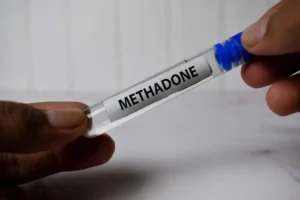
Barriers to Addiction Treatment: Why Addicts Don’t Seek Help
- But understandably, it may not feel like it initially.
- Sobriety can also help rebuild trust in relationships that may have been damaged by past behavior while under the influence.
- You can always reach out to the I Am Sober app community and receive some healthy support there as well.
- Feeling guilty or ashamed of past behavior or actions during active addiction is natural and healthy.
- But sometimes the juggling act gets old, the attempt at moderation becomes exhausting, and we just can’t keep all the lies straight.
Have an open mind, but for a few of us in recovery, this does work. When you catch yourself thinking of drinking, of wanting nothing more than to have one glass of whiskey, then stop and close your eyes. Take that thought and imagine it as a fish and let it float out of your vision.
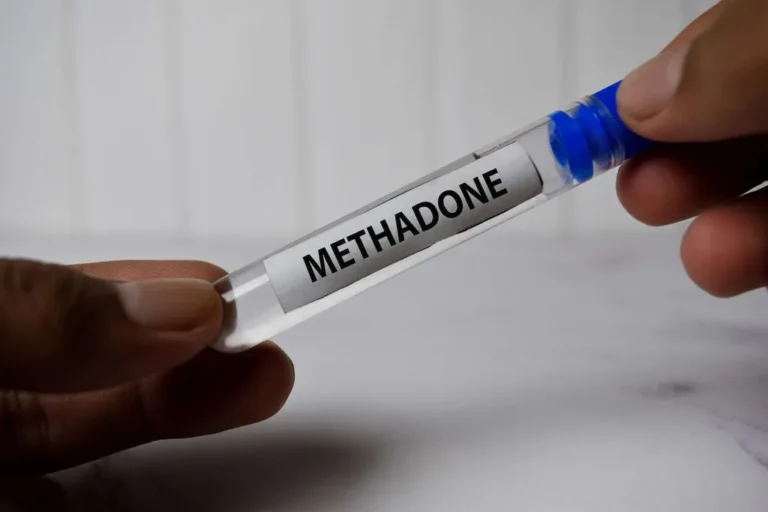
Reflect on the benefits of sobriety to maintain your motivation
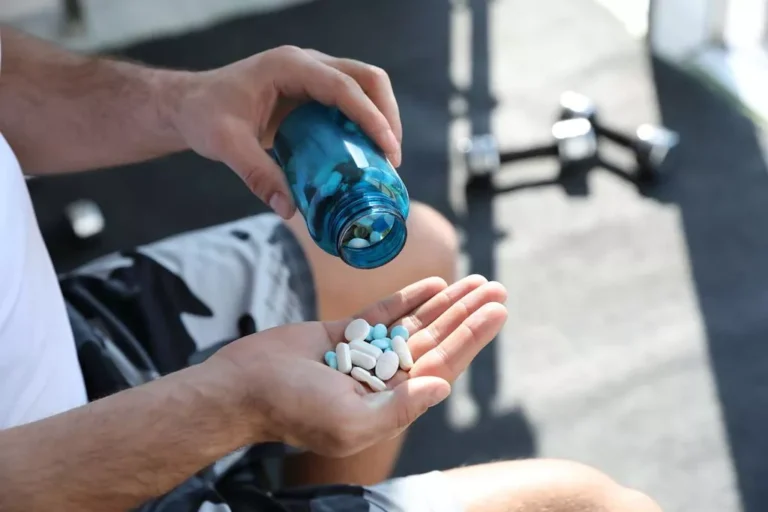
Maintaining a structured routine can help reduce stress and fear of being sober anxiety, while also providing a sense of stability and control. The personal repercussions of addiction can include financial hardship, damaged relationships, and physical and mental health concerns. However, exciting opportunities await when rebuilding one’s life after active addiction, such as rebuilding relationships, finding employment, and managing cravings. Joining a support group can be a powerful tool in maintaining sobriety and staying on track in recovery. By connecting with others who share similar experiences, individuals can gain encouragement, motivation, and valuable insights to help them overcome the challenges of staying sober. If you are struggling to stay sober, then start skipping events.
Relapse Prevention Techniques
You may want to start an exercise routine — exercise releases brain chemicals called endorphins, which can make you feel good. Or you might rather spend time volunteering for a good cause, like an animal shelter or children’s hospital. Whatever it is, new activities can lead to new friends with interests like yours. Again, if you’re fearing a relapse due to guilt, distress and shame, then close your eyes and imagine this scenario. Picture your past self standing before you, then take your love and compassion and hold it in a ball of light in front of you.
Top 10 Benefits of Sobriety
Alcoholism had me 100 percent convinced that life was not fun without the presence of alcohol. Until we smash these common misconceptions about sobriety, people will continue to think sobriety is boring. People in recovery from a substance use disorder frequently have problems meeting work-related responsibilities, maintaining employment, and managing money. If you were active in your addiction for a period of time, you may have developed financial problems. A therapist can help you learn new coping skills, develop new thinking patterns, and address any co-occurring mental health conditions that may make recovery more difficult.
- Depending on the severity of your drinking problem and resulting behavior, some bridges may be forever burned.
- You focus on you and the people who are supposed to be in your life will support you along the way.
- Let those emotions go and focus on what’s ahead of you.
- Uplift Recovery Center provides you with recovery in a loving, professional environment.

Warren is a Licensed Master Social Worker, who specializes in substance abuse and mental health treatment. Clinically, Warren has developed a therapeutic skillset that utilizes a strengths-based perspective, Twelve Step philosophies, Cognitive Behavioral Therapy and Motivational Interviewing. The benefits of sobriety on mental health are numerous, such as increased clarity, lessened mental illness, and enhanced overall wellness. Improved mental health can result in making wiser decisions, strengthening relationships, and boosting self-confidence. Many people in addiction are afraid of the detox process.
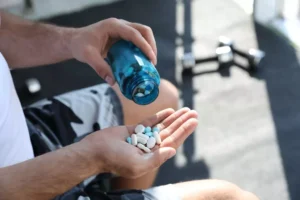
This is a condition where individuals may experience withdrawal symptoms long after detoxification. It’s important to be aware of this so that you can take the necessary steps to manage your recovery. Seeking help is essential in staying sober as it provides individuals with access to experts and resources in their local area. Co-occurring disorders are mental illnesses that can significantly contribute to substance use disorder and can be a major barrier to recovery. Therapy can be an invaluable tool that can help you build confidence and address co-occurring anxiety disorders.











